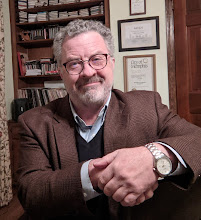Iceberg People
Resume.
Obit. Citation.
Summary of
long ago and unfamiliar.
We did. We
achieved. Felt. Thrilled. Loved. Admired.
New ideas.
Breaking new ground. Solutions.
Pride and
honor.
The big sky.
All the eye can see from horizon to horizon.
Capture it
in a camera framed shot.
Big is
small, has boundaries.
Time is a
camera frame.
How big is a
life?
In one page?
In a couple
of paragraphs?
Peers may
remember. Spottily or fondly.
Young people
smile politely.
Your life is
the tip of the iceberg they see.

